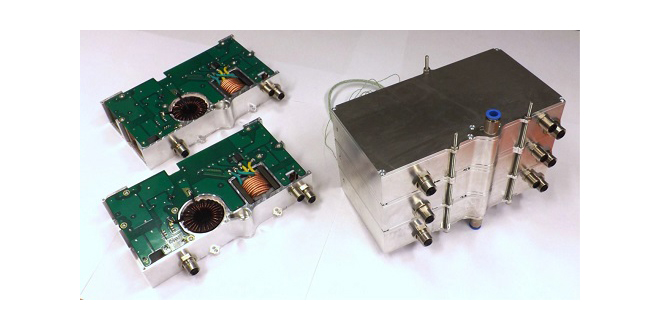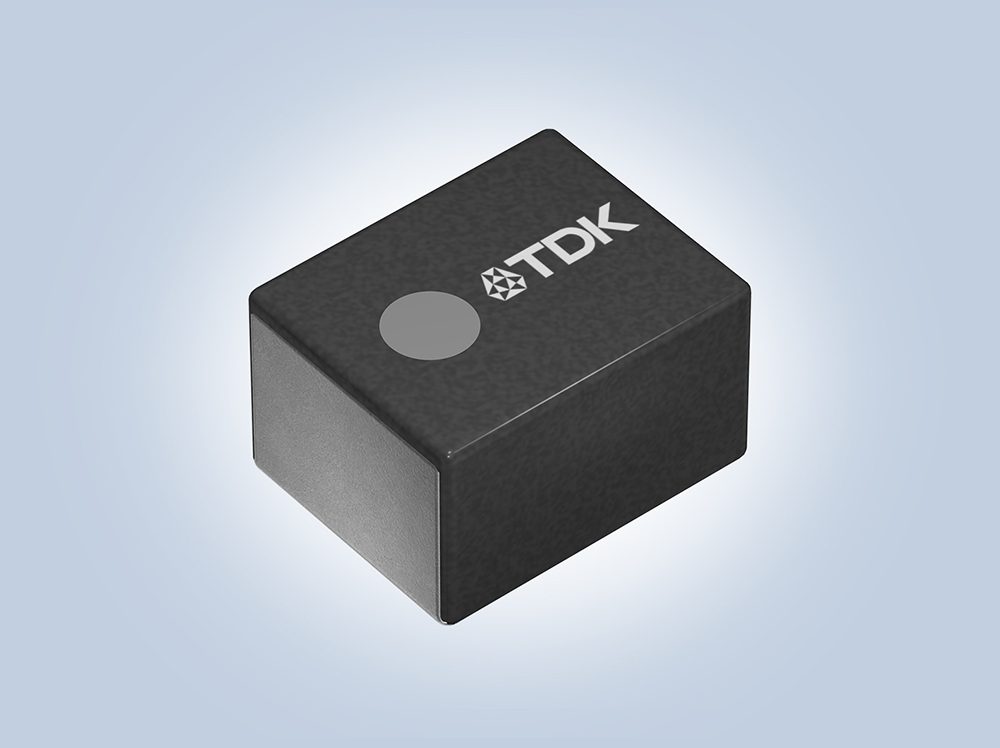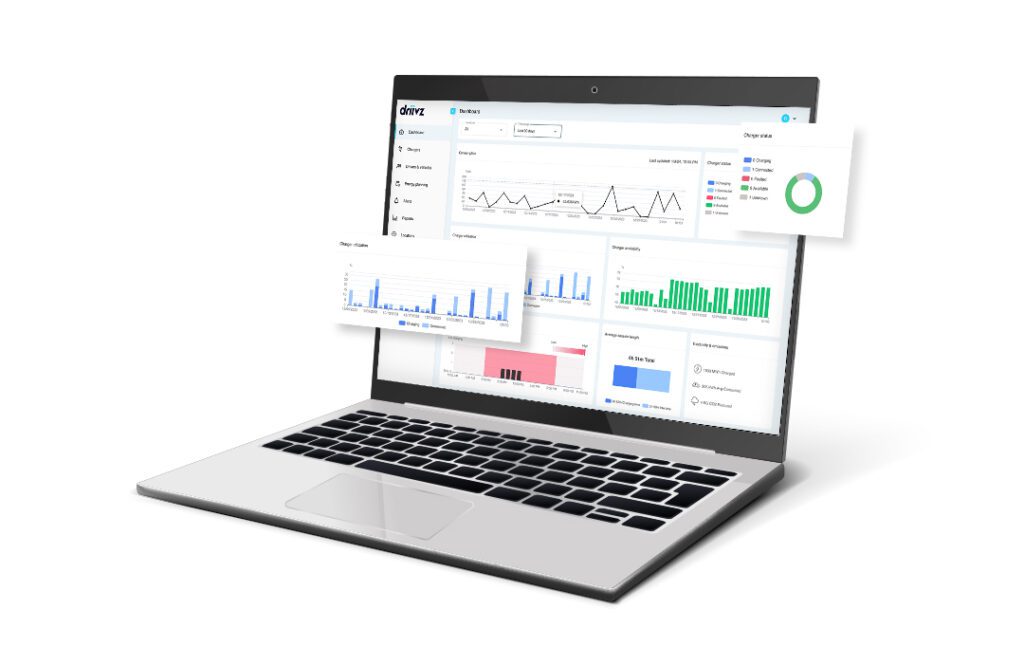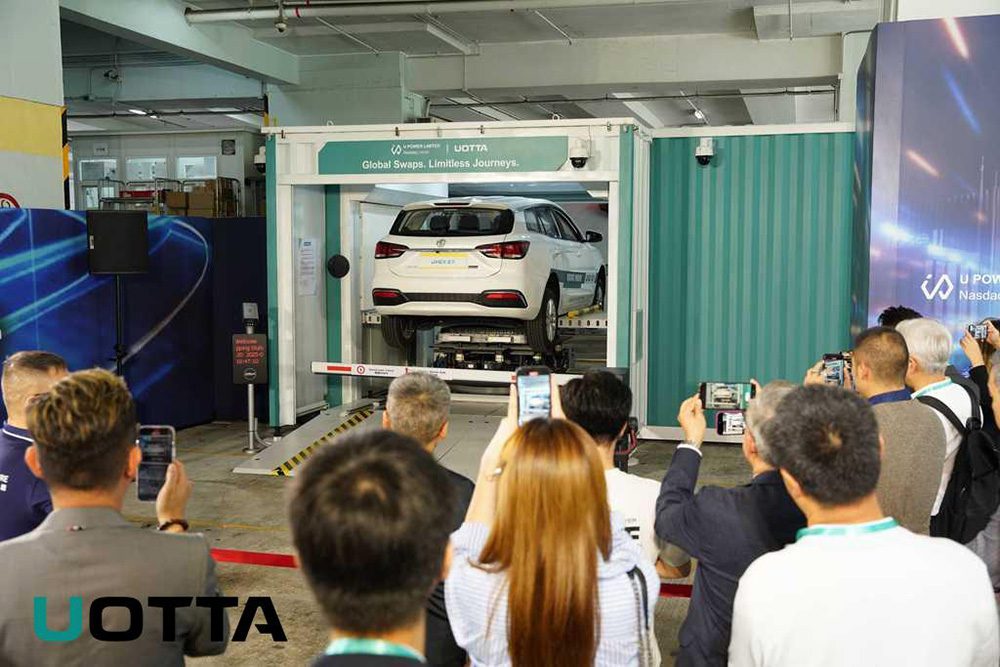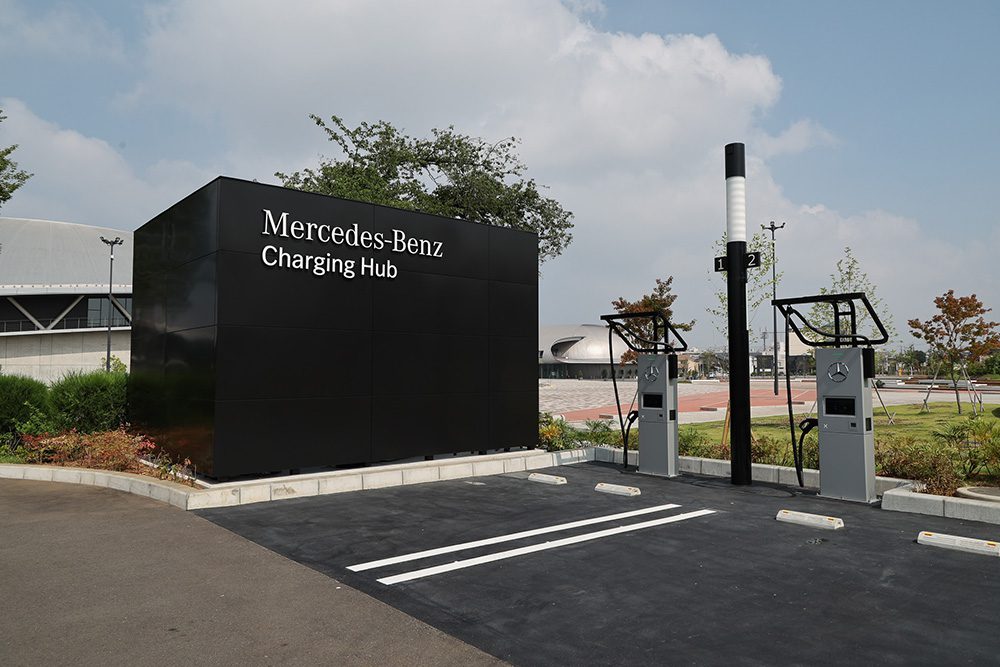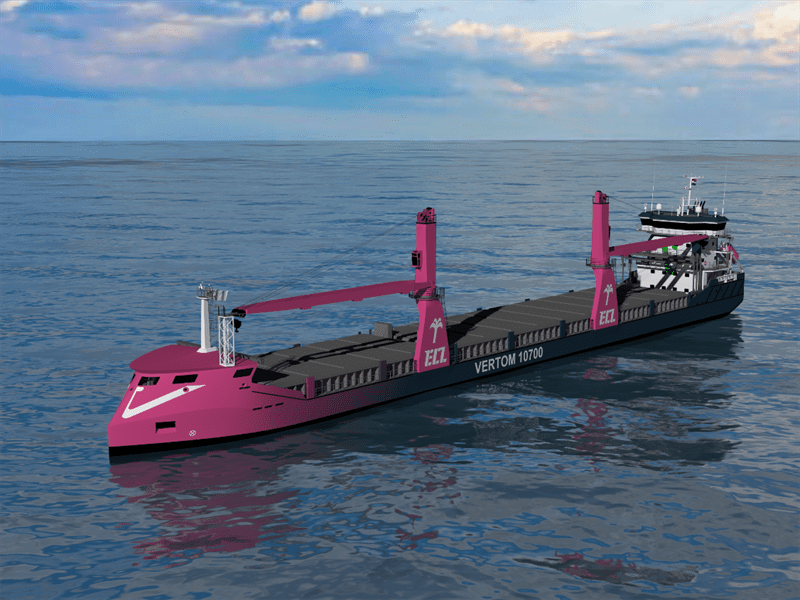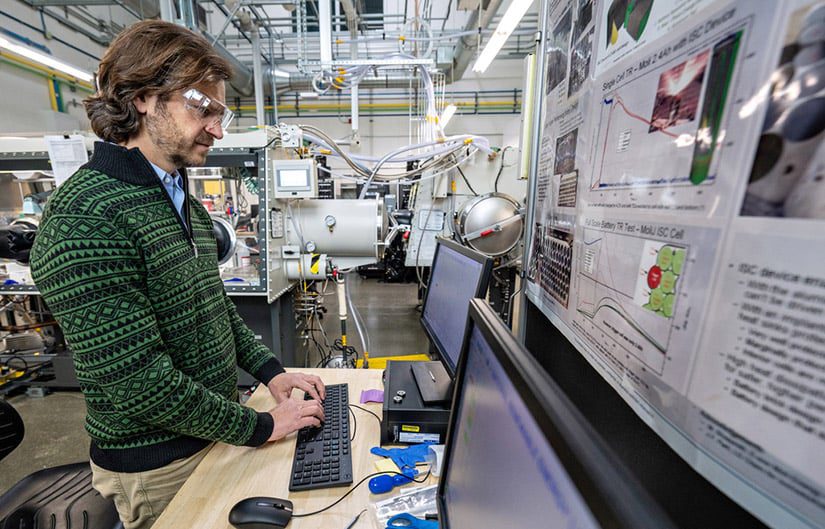The Fraunhofer Institute and Hitachi Metals say they’ve produced an on-board charger (OBC) prototype that delivers both high power output and compactness by using soft magnetic materials developed by Hitachi. Hitachi says the technology enables the OBC prototype to generate a power density of 3.8 kW/l.
Hitachi explains that there is typically a trade-off between the high output EVs need to charge their batteries and the compactness designers need to keep interior spaces as large as possible, and achieving a good balance between the two has been a challenge.
The companies say their OBC prototype delivers both high power output and a compact body by combining soft magnetic materials developed by Hitachi Metals with Fraunhofer’s circuit technology. The designers utilized a nanocrystalline alloy called FINEMET FT-3K50T for the common-mode choke coils in the input/output noise filter and another choke coil made with an amorphous powder core HLM50 for rectification and power factor correction. In the DC/DC converter, designers used an isolation transformer with resonance inductors made of the low-loss soft ferrite core ML29D.
Three of the OBCs connected in parallel can produce an 11 kW output and three-phase input. The parallel connection can cover both single- and three-phase AC input to produce a maximum output of 22 kW through six parallel connections. The researchers say this flexibility can significantly reduce OBC design time and costs.
Bernd Eckardt, Head of Automotive Electronics at Fraunhofer, said, “By using the advanced magnetic materials of GRIT we were able to realize an ultra-compact and modular OBC with high efficiency. The highly integrated mechatronic design allows an easy scale up in power from 3.6 kW up to 22 kW.”
Source: Hitachi Metals







